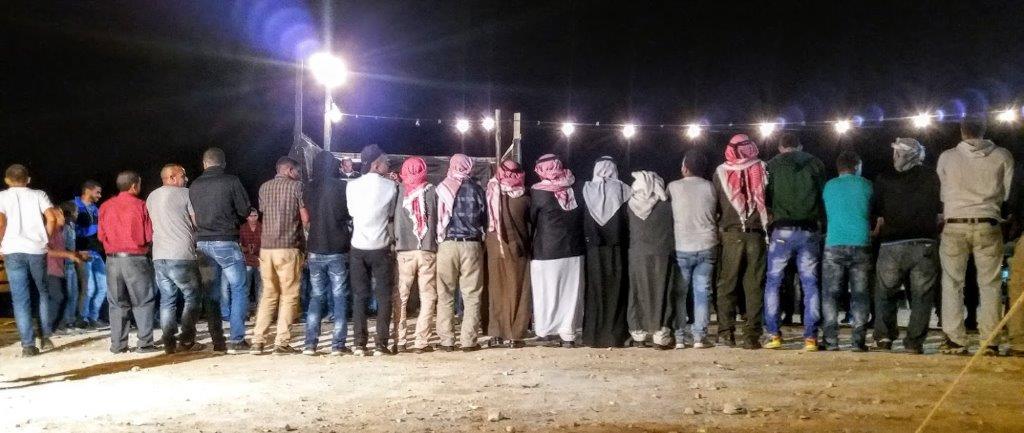
Variations in our ways of dealing with uncertainty can be seen in many aspects of the friendship, as could be learned through the stories of friendship above and specifically through the story on the netstick.. Below I will give examples and discuss in particular five aspects of this dimension, namely the use of language and communication, the issue of possessions, the flexibility of time and place, the notion of planning and the extent in which people take risks. Although Israel appears to be higher on “uncertainty avoidance” than both the Netherlands and the Arab world, my experience is that on this dimension there are large differences within Israeli society because of various cultural backgrounds. Therefore, in most of the discussions in this chapter, I will limit myself to the comparison of Bedouin and Dutch cultures and to how this difference affects the relationship.
Language and Communication
Part of the problem in intercultural communication is the difference in national languages. Not less challenging is that words – even if we understand them literally – have different meanings in different cultures. Below I will discuss the issue of spoken and nonverbal communication. Afterward I will expand on cultural differences regarding written language and the notion of a foreign language. There are also cultural variations concerning the communication of emotions; I will refer to this topic in the next chapter, when discussing manhood.
Stories of Friendship: Just Words
Anata, June 2009. I went over to see Bashar at his brother’s gas station. In the meantime, it was about 11 PM. When I arrived, Bashar was not there, even though he had told me that he would be working that night. Instead, I found his brother, Abu Omar. I called Bashar to see if he would be coming, but he replied that he is sorry but has some other things to do. I tried to hide my disappointment. A few days earlier, I had noticed that on the newly acquired pump there was no sign whatsoever. I had had a short conversation about this with Abu Omar, in which I had said that I would print the words “petrol” and “diesel”, in order to stick them on the pump. I now took the opportunity to show Abu Omar the signs I had made. I had worked on them quite a lot, to get them in the right size and in three languages (Arabic, Hebrew and English). He thanked me, but had already bought some signs from a shop.








